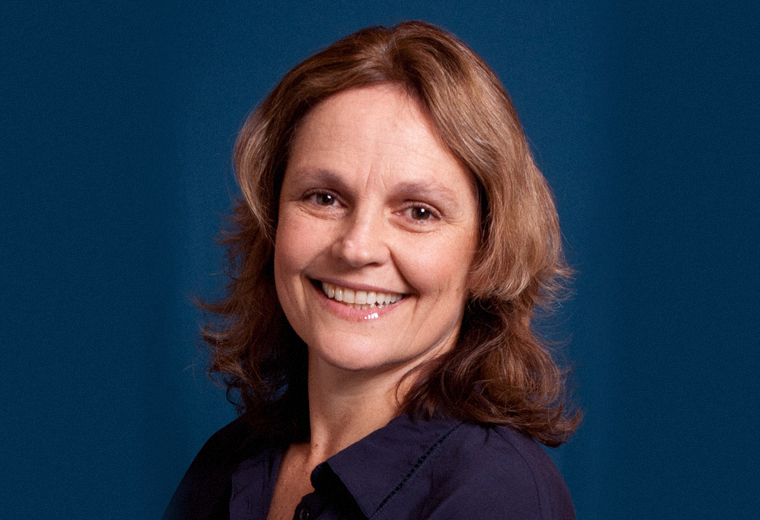News
Practice reports loss of vaccines after Vic heatwave and blackouts
The temperature was topping 42oC when the power went off in 200,000 households across Melbourne and Geelong last week.
 Heatwaves can prevent GP clinics from functioning adequately, with vaccines especially vulnerable to power outages.
Heatwaves can prevent GP clinics from functioning adequately, with vaccines especially vulnerable to power outages.
Traffic lights went out, air-conditioners stopped, childcare centres had to send children home.
But in GP Dr Cameron Loy’s Geelong practice, the 90-minute power outage meant one key thing: the vaccine fridge stopped working. The cold chain had been breached.
When the power came back on, he and his staff took stock.
‘Our nursing staff spent hours sorting the vaccines and on the phone to agencies to determine what we should do,’ he told newsGP.
The wash-up: the practice had to dispose of 60 vaccines.
The incident has made Dr Loy and his staff rethink their disaster preparation.
‘My colleagues in the outback might expect to have issues with their power supply, from cyclones or storms. But you don’t expect it often in Geelong,’ he said.
‘We now have to factor this into our disaster planning. This is the nature of the new climate-changing world we’re entering into.
‘We’re now in an era of extreme heat events, where it looks like we will now be subjected to load-shedding. We’re going to have to change our practices to manage that.’
Their immediate plan is for battery backup for the vaccine fridge.
The rest of their disaster plan worked smoothly. The clinic’s staff switched to paper scripts and written notes. The backup phone line did not need power, so it kept working while the VOIP lines were down. Several consultation rooms began overheating without air-conditioning, but others were in cooler parts of the clinic.
‘If we hadn’t sat down and done disaster planning as part of our RACGP accreditation, we wouldn’t have had the protocols. That meant as soon as the power came back on, it was very easy to switch back over,’ Dr Loy said.

Dr Penny Burns understands it can be hard to prepare for power outages when practices do not regularly experience them, ‘But in the long run, it’s extremely valuable,’ she said.
GP and disaster medicine expert Dr Penny Burns said heatwaves are one of the most common issues affecting GP clinics.
She told newsGP planning is key to build resilience into practices.
‘For practices, power outages are the biggest issue. If you’re prepared for that, you’re prepared for a lot of other issues as well, and you’re probably a pretty resilient practice,’ she said.
‘If it’s never happened, it can be hard to spend the time doing it, when you’re managing patient load. But in the long run, it’s extremely valuable.
‘It’s about looking forwards: “If this did happen, this is what we would do”.
‘You can do a run through, what relies on power? Air-con, lighting, front doors, and the two most crucial things, computers and vaccine fridges.’
Dr Burns recommends uninterruptible power supplies, which use backup batteries to ensure up to 48 hours of power, though even these may not be enough for major outages.
‘After the big storms in Newcastle, there was a power outage for a week. We had GPs up there looking at getting power generators,’ she said. ‘They hadn’t thought they could be out of power for such a long time in a developed country.’
Dr Burns said water supplies might also be dependent on power, so knowing how to turn off the mains is important.
Insurance is another major issue, given the potential for high financial losses.
‘If you have your clinic shut for a day or two, the estimated losses are around $10,000 a day for an average four full-time equivalent practice. That’s quite a disruption financially, as well as to the community,’ she said.
Ensuring the safety of patient and practice data is another essential consideration.
Dr Burns recommends ensuring practice data is backed up offsite, and potentially the use of a laptop able to remotely access clinic systems.
For largely paper-based clinics, Dr Burns said the data issue is not as much about power outages, as the possibility of data loss from flood or fire.
‘If things are destroyed, it’s useful to have a stocktake of hardware and software so you can get back up as soon as possible, even including passwords to download software again,’ she said.
disaster medicine disaster planning heatwave
newsGP weekly poll
As a GP, do you use any resources or visit a healthcare professional to support your own mental health and wellbeing?